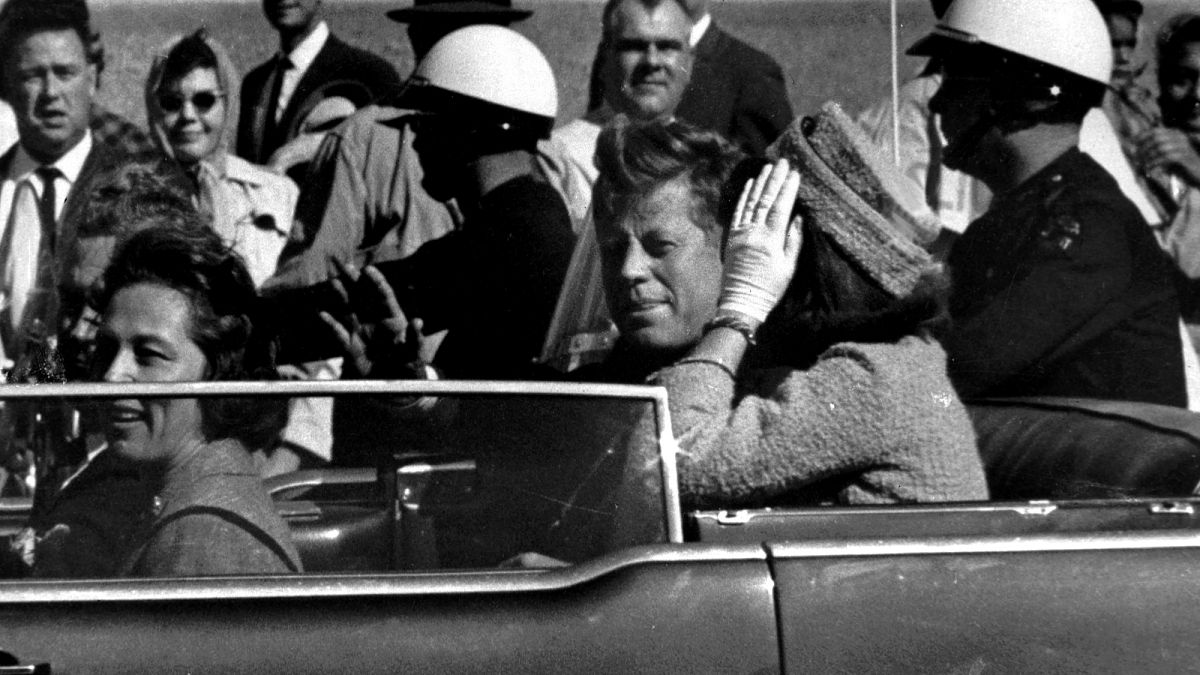Bulgarians deeply divided over their country’s accession to the eurozone

The European Commission is likely to grant approval on June 4 for Bulgaria to adopt the euro at the beginning of 2026. However, Bulgarian society is very divided on this issue, and some studies show that there are more opponents of such a solution than supporters.
The information that Brussels intends to issue a positive assessment was reported by, among others, Reuters, citing sources in the EC.
However, Bulgarians have mixed feelings about adopting the common currency. Some fear rising prices and a loss of government control over the country’s monetary policy. Meanwhile, supporters point to, among other things: increased economic stability and easier access to financing. Studies show that especially older people are skeptical.
A study published in January by Bulgarian radio BNR indicates that 57.1% of Bulgarians oppose adopting the euro, while 39% support the introduction of the common currency.
In the Eurobarometer survey from October and November 2024, 46% of Bulgarians were in favor of adopting the euro, which is 9 percentage points more than in the previous measurement. In both surveys, 46% also opposed the adoption of the common currency.
In a survey conducted by the Bulgarian center Market Links in April and November 2024, 47% of respondents did not believe that adopting the euro would strengthen the economy and raise the standard of living, while 39% assessed that it would have a positive impact.
Bulgaria joined the European Union on January 1, 2007. According to the EU treaty, each new EU member state commits to adopting the euro, but there is no set deadline for doing so. To join the eurozone, a country must first meet the so-called Maastricht convergence criteria.
These criteria are: price stability (low inflation), stable public finances (budget deficit below 3% of GDP and public debt below 60% of GDP), exchange rate stability (participation in the so-called ERM II mechanism for at least two years without serious exchange rate disturbances), and convergence of long-term interest rates (the average nominal long-term interest rate can be higher by a maximum of 2 percentage points than the average interest rates in the three EU countries with the lowest inflation).
The ERM II mechanism is referred to as the “waiting room for the eurozone.” Bulgaria joined it on July 10, 2020. Since then, the exchange rate of the Bulgarian lev has been linked to the euro.
Initially, Bulgaria planned to adopt the common currency on January 1, 2024, but this deadline has been postponed. The reason was high inflation resulting from the pandemic and the war in Ukraine, as well as a lack of political readiness, including a lack of a stable pro-euro majority in the Bulgarian parliament.
The EC will publish the so-called convergence report on Wednesday, which is expected to answer the question of whether Bulgaria meets the criteria for adopting the euro; all indications are that the answer will be positive. On the same day, the European Central Bank will issue its opinion, but the Commission’s position will be decisive.
The Prime Minister of Bulgaria Rosen Zhelazkov said last week that his country expects a positive report from the EC. He assured that his “state will guarantee the safety of Bulgarian consumers even after the introduction of the euro.” “This includes legal changes regarding the adoption of the euro so that Bulgarians can be assured about their savings,” he added.
The Bulgarian president Rumen Radev, as well as several nationalist parties, openly criticize joining the eurozone, warning of the expected rise in prices.
At the beginning of May, Radev announced that he intends to hold a nationwide referendum to delay Bulgaria’s accession to the eurozone. However, as noted by the Politico portal, it is unlikely that the Bulgarian Constitutional Court would agree to this, having previously ruled that such a vote would be unconstitutional. Radev’s plan has also not been met with enthusiastic reception in parliament, where the majority of parties support adopting the euro.
If Bulgaria adopts the common currency, it will become the 21st member of the eurozone and the second country after Croatia to join it in the last decade. (30.05.2025)

















































